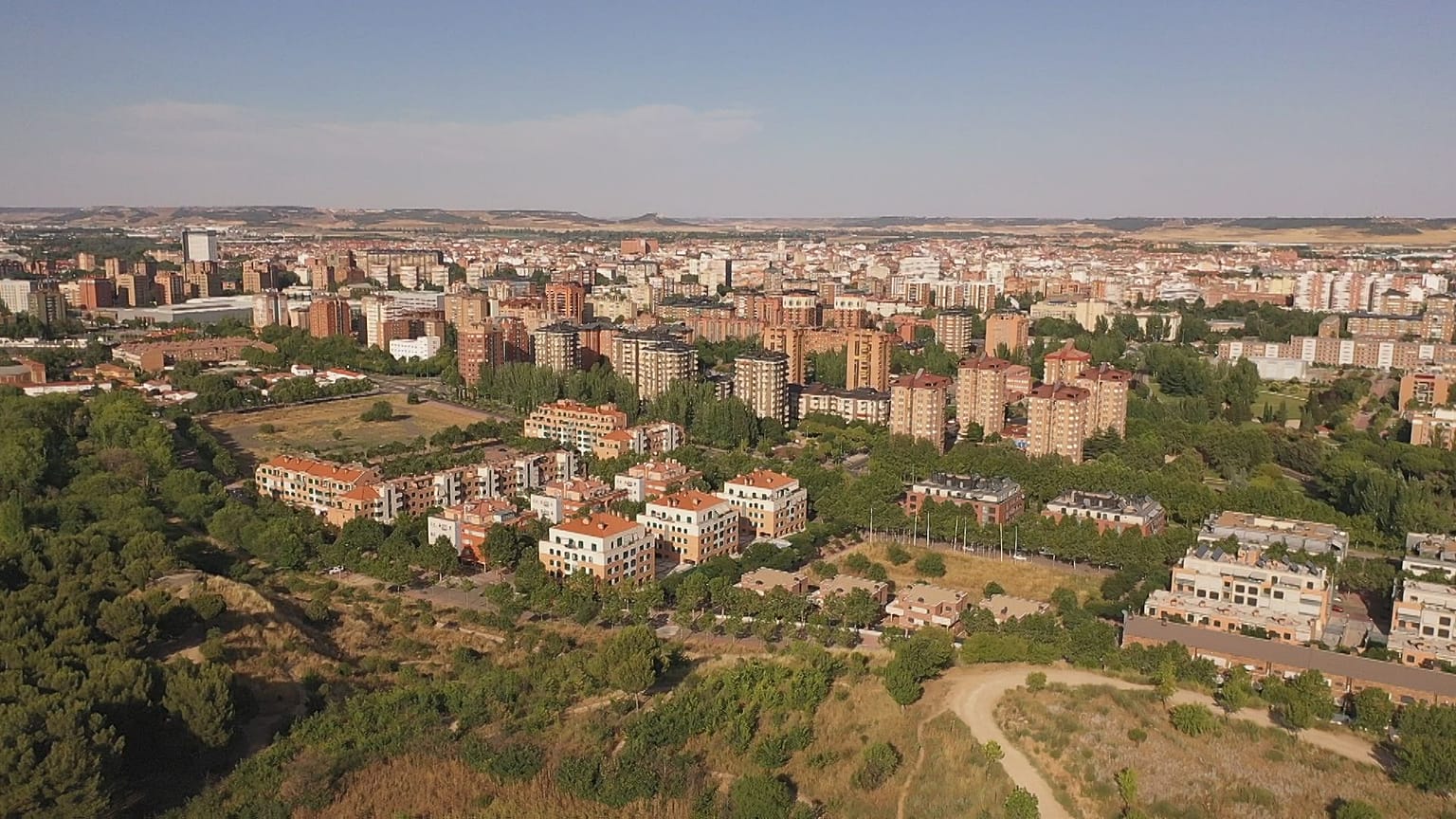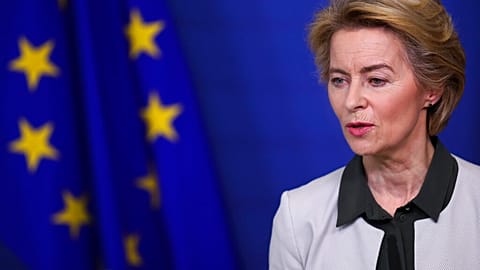In this special edition of Futuris, Euronews looks at how the EU is trying to make one hundred cities carbon neutral by 2030.
The EU has a goal - to make one hundred cities carbon neutral by 2030 as part of its Horizon Europe program that will be launched next year.
In this week's special edition of Futuris on Euronews, we look at what is being done to reach that target.
BUILDING A GREENER FUTURE
Sustainable development of urban areas is a challenge of key importance to keep carbon emissions down.
It requires new, efficient, and user-friendly technologies and services, in particular in the areas of energy, transport and ICT. However, these solutions need integrated approaches, both in terms of research and development of advanced technological solutions, as well as deployment.
Valladolid is one of the 'lighthouse' cities that has been chosen to experiment with innovations and lead the way for other cities to replicate what works.
The new ideas are being implemented within the framework of the EU project Remourban, which brings together various initiatives.
Miguel Angel Garcia-Fuentes is a project coordinator for Remourban and talked us through some of the things being done.
"We have implemented actions in many areas, like making buildings more energy efficient, creating sustainable mobility, and implemented information and communication technologies. In terms of mobility, we have a charging infrastructure that has sixty-three charging points around the city.
"We have also added forty five electric vehicles to various last-mile delivery fleets within the city, plus two electric buses, and another three additional ones that the city council has incorporated," he added.
MAKING CITIES 'CLIMATE NEUTRAL'
Hanna Gronkiewicz-Waltz, who is chair of the climate-neutral and smart cities mission, explained why the project to make cities smart and carbon neutral is so important.
"Cities cover about 3% of Earth and they produce about 72% of global greenhouse gas emissions. So the cities are exactly the place where we can make an impact and influence changing the climate to make it neutral. Because mobility, housing, waste, these are all issues which can be tackled by reducing the emission of the gas.
"Our goal is mainly to support, to promote, and to showcase one hundred cities in Europe, and help them in the transformation process towards climate neutrality," she added.
CREATING 'SMART CITIES'
The transformation of a city into 'a smart model' takes into account several factors, but energy is the key one, as Rubén Garcia, MySmartLife project coordinator, explained.
"The goal of these projects is about working on the sustainability and the resilience of the cities. Our cities are obviously a very large energy consumer. Most of us live in cities and here we have problems when it comes to supplying clean energy. What they are promoting in this kind of project is the development of very innovative pioneer programs towards this energy transition."
The municipality of Palencia has now replaced 57% of its total street lighting network with LED technology.
Building and sharing these sort of interconnected sustainable projects pave the way for future urban strategies.
Mario Simon Martin, mayor of Palencia, backs the project.
"We now have an obligation to start visualising the city to be the way we want it in 2030. A city where all these projects will be completed, and a city that continues to work to b a friendly city, where the quality of life is being improved," he added.



















